In a stunning political upheaval, Scotland’s once-dominant SNP has faced a catastrophic defeat, losing their stronghold to a resurgent Labour Party amid growing voter disillusionment and internal strife. Here’s the full story.
SNP Greatly Reduced
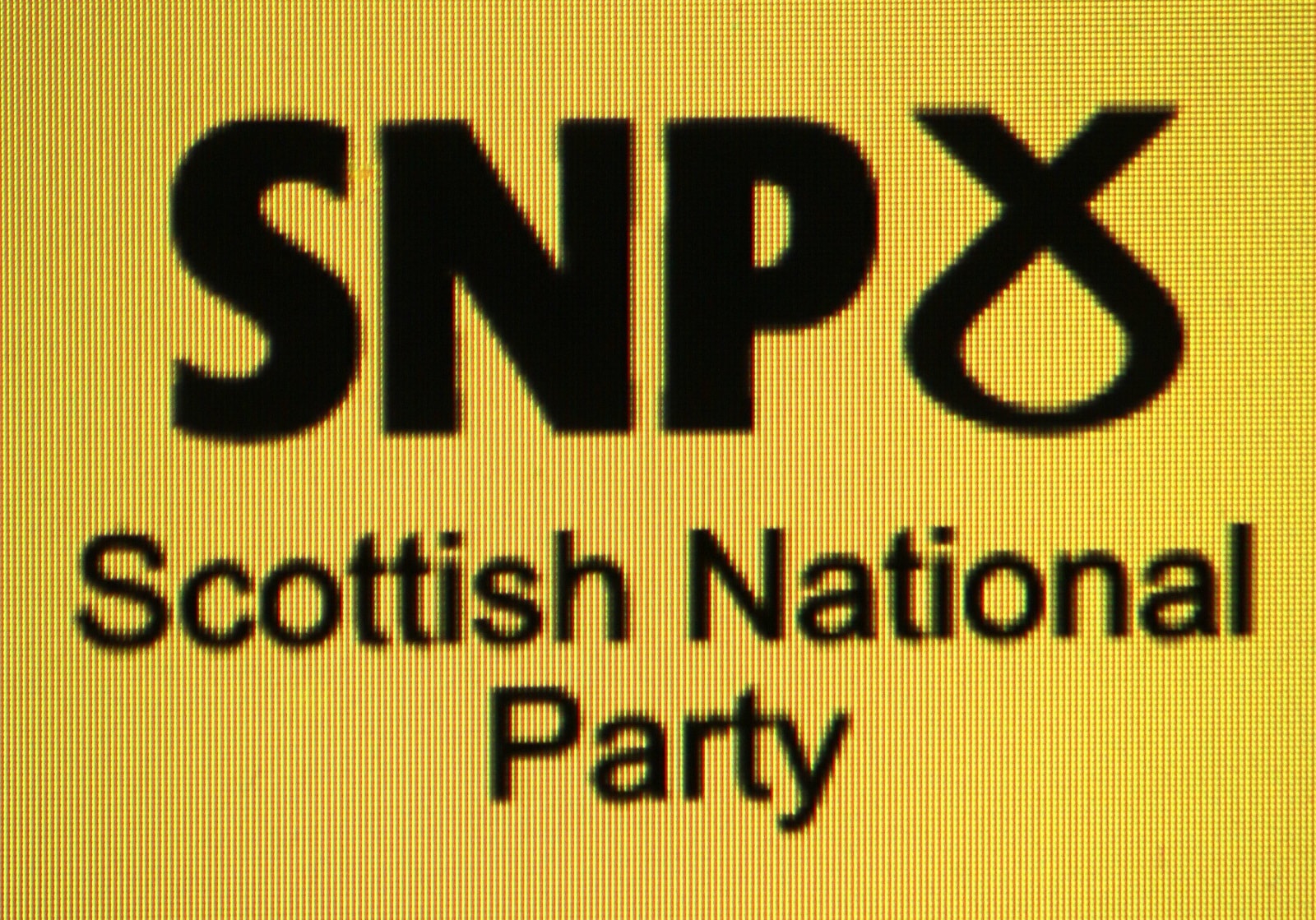
The Scottish National Party (SNP) suffered a blow almost as significant as that given to the Conservatives at the recent general election, as the party that for years had been a dominant political force in Scotland was reduced to a rump of only a few MPs.
Push for Independence
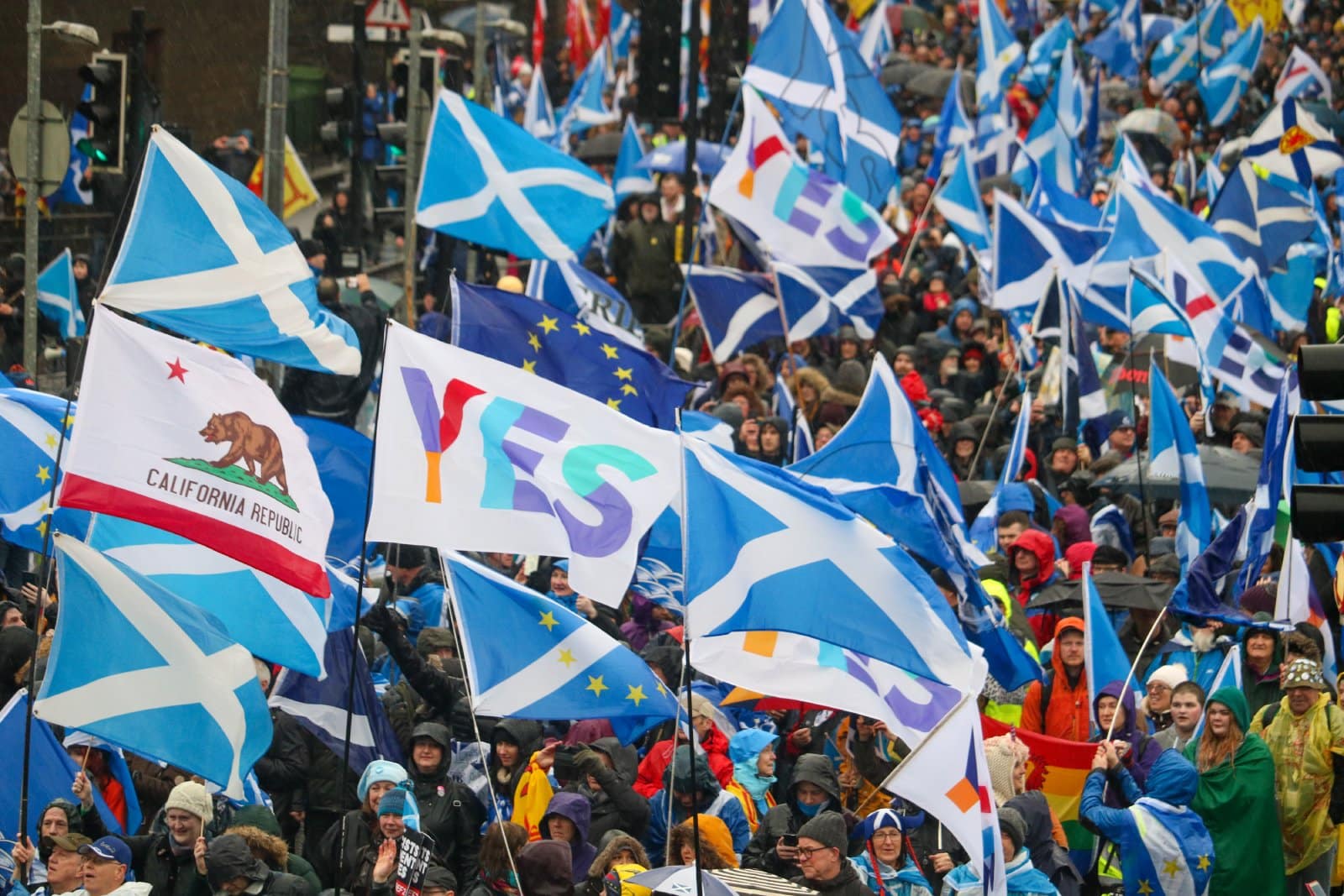
The Scottish National Party’s push for Scottish independence has been similarly set back by its dramatic change in fortunes, as it went from holding 48 of Scotland’s 59 seats to just 10.
“A Very Poor Result”
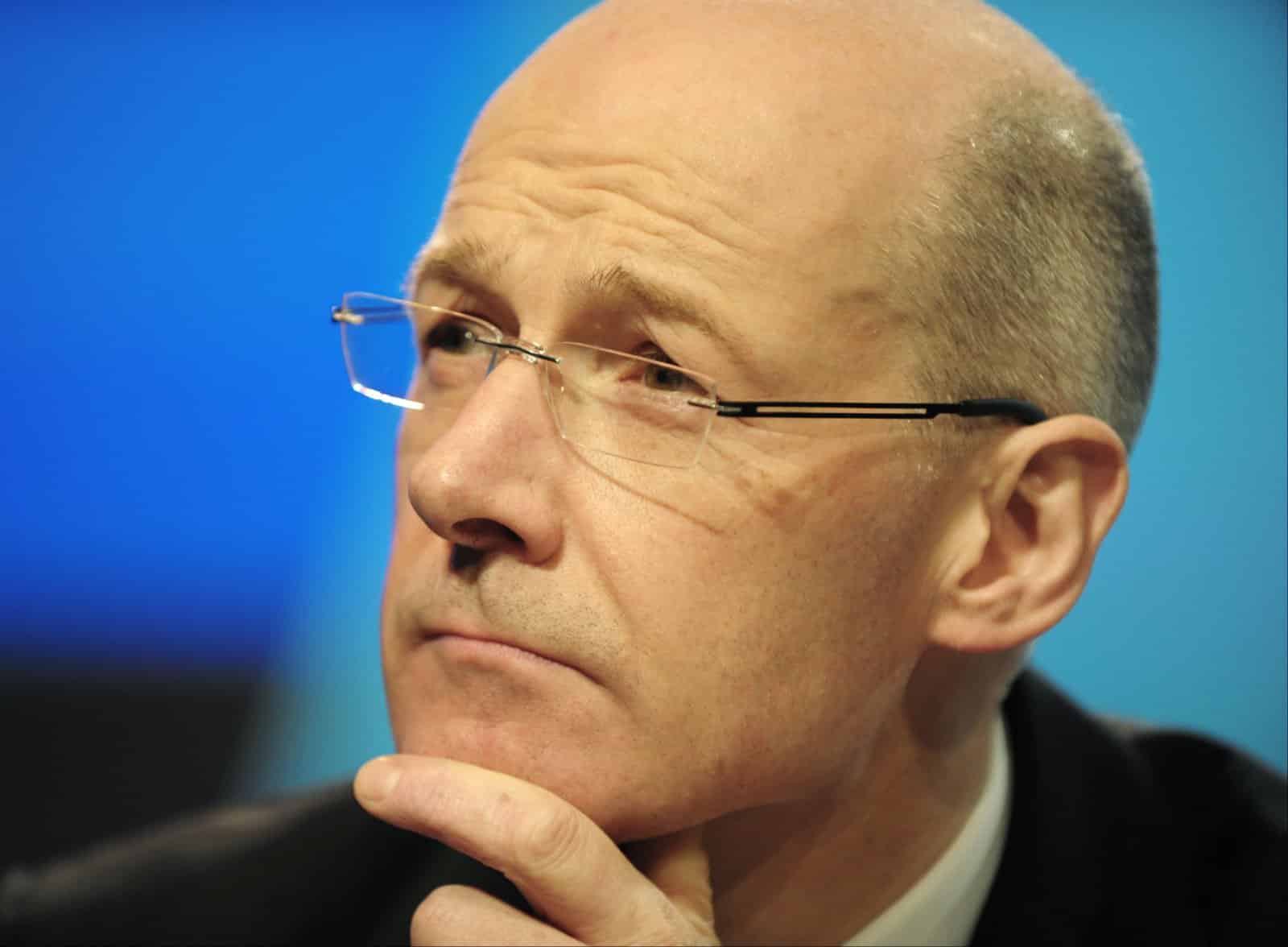
John Swinney, the recently appointed leader of the SNP, described the result, one of the worst for the SNP in recent memory, as “a very poor result for the Scottish National Party.”
Voter Disillusionment
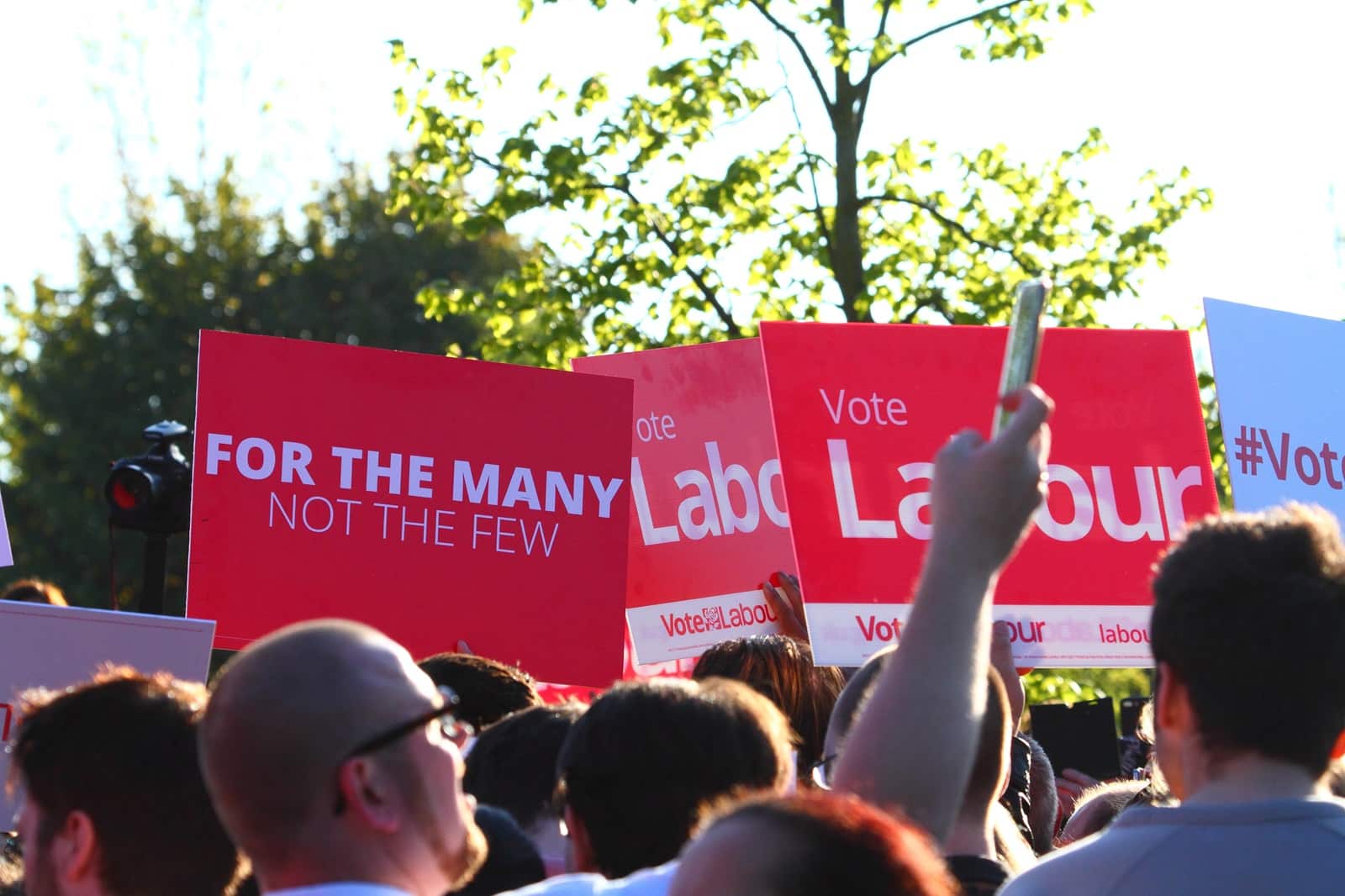
The SNP’s loss can be attributed to various factors, including voter disillusionment. Many former SNP supporters either abstained from voting or switched their support to Labour, frustrated by the party’s failure to secure a second independence referendum and ongoing controversies within the party.
Labour’s Resurgence
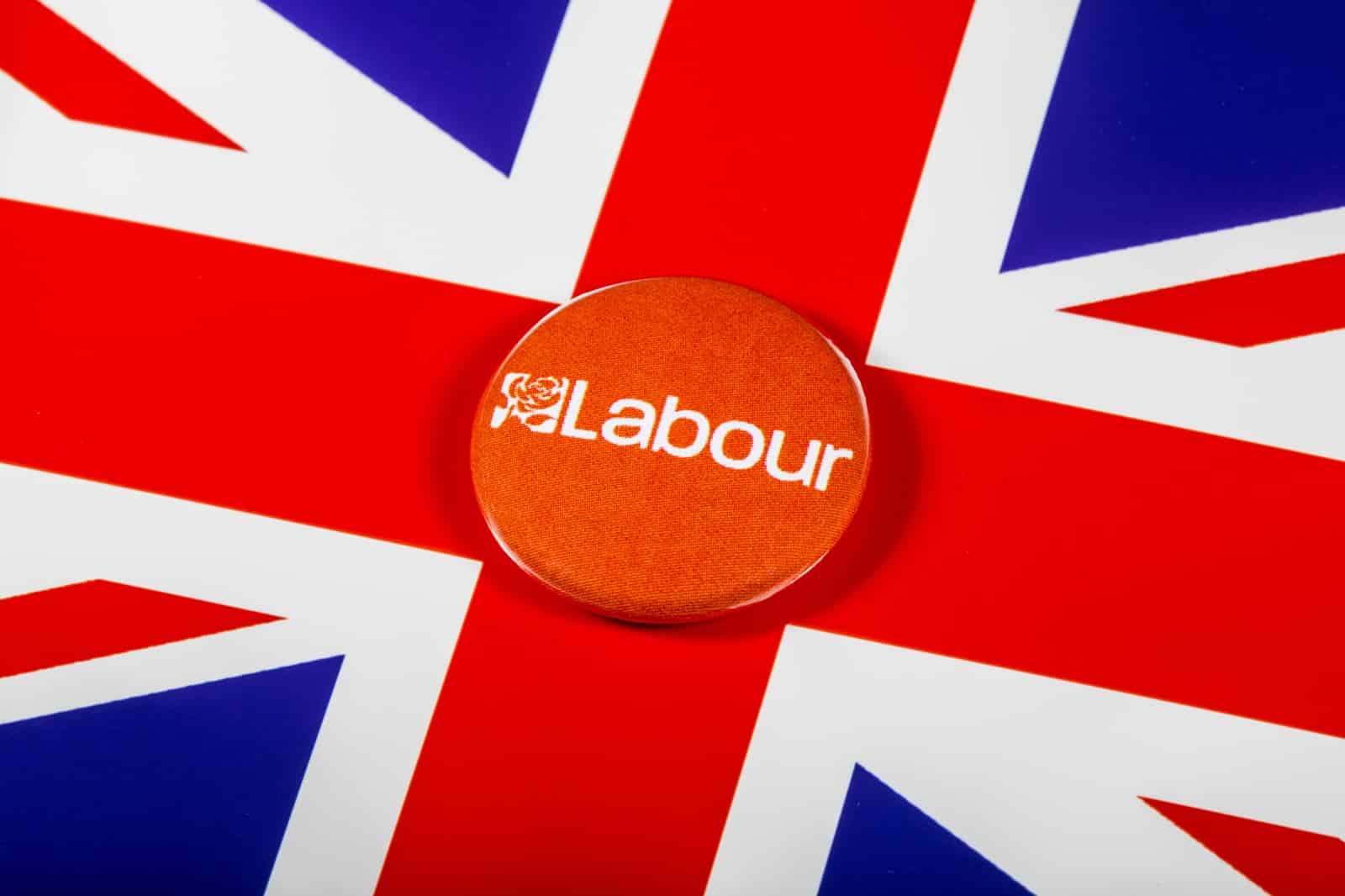
Labour’s resurgence in Scotland was pivotal in the SNP’s electoral defeat. Labour capitalised on voter dissatisfaction with the SNP, emerging victorious in numerous constituencies that had been SNP strongholds.
Labour Wins Key Seats

In Kilmarnock and Loudoun, Labour surged from a third-place finish in 2019 to win the seat ahead of the SNP. Similarly, in East Renfrewshire, Labour accomplished a remarkable turnaround by leaping from third place to first.
SNP’s Waning Influence
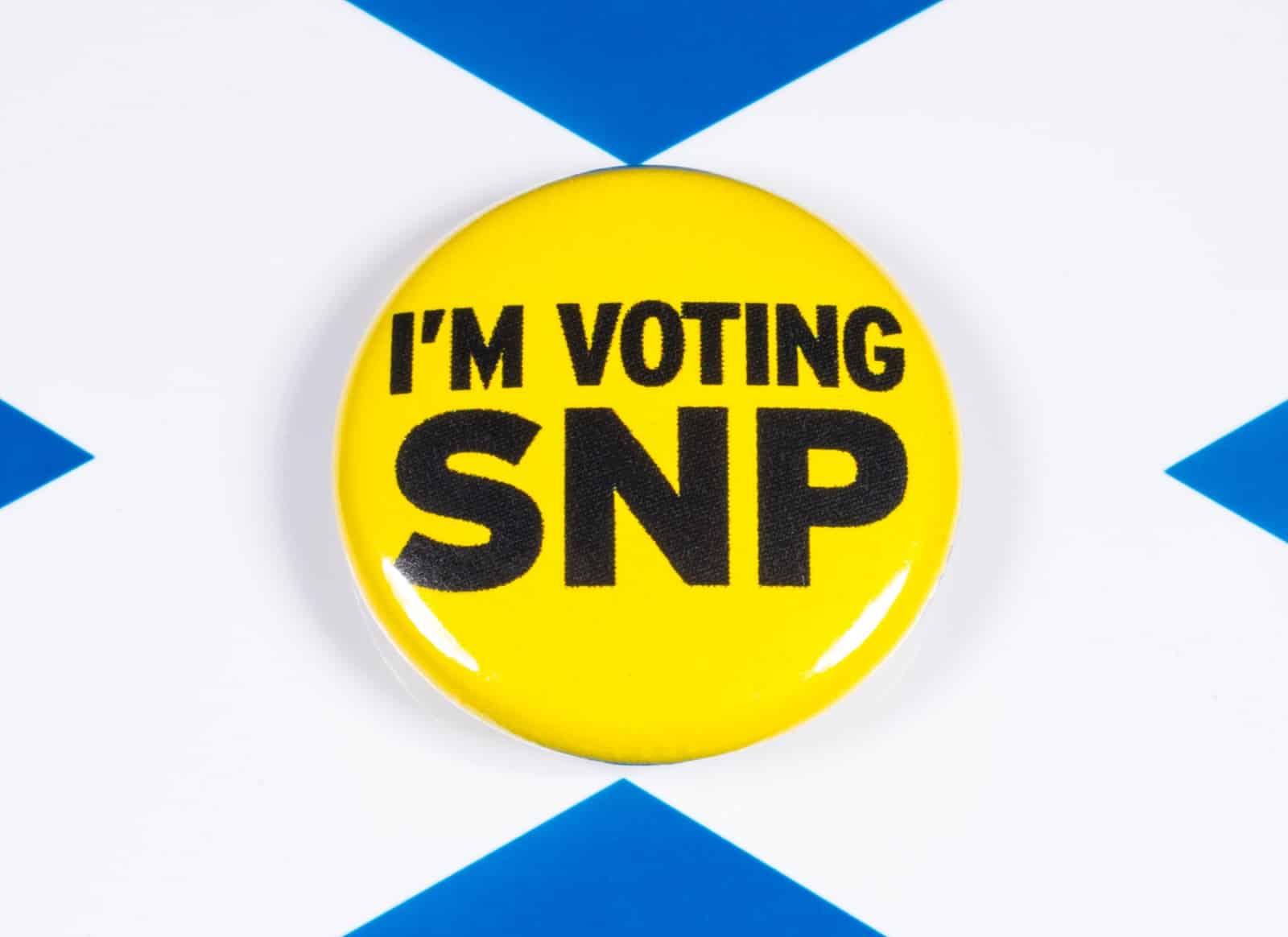
This resurgence was not merely a result of Labour’s increased appeal but also a reflection of the SNP’s waning influence. Labour’s focus on removing the Conservative government resonated with voters eager for change and disenchanted with the SNP’s leadership.
Scandals and Leadership Crisis
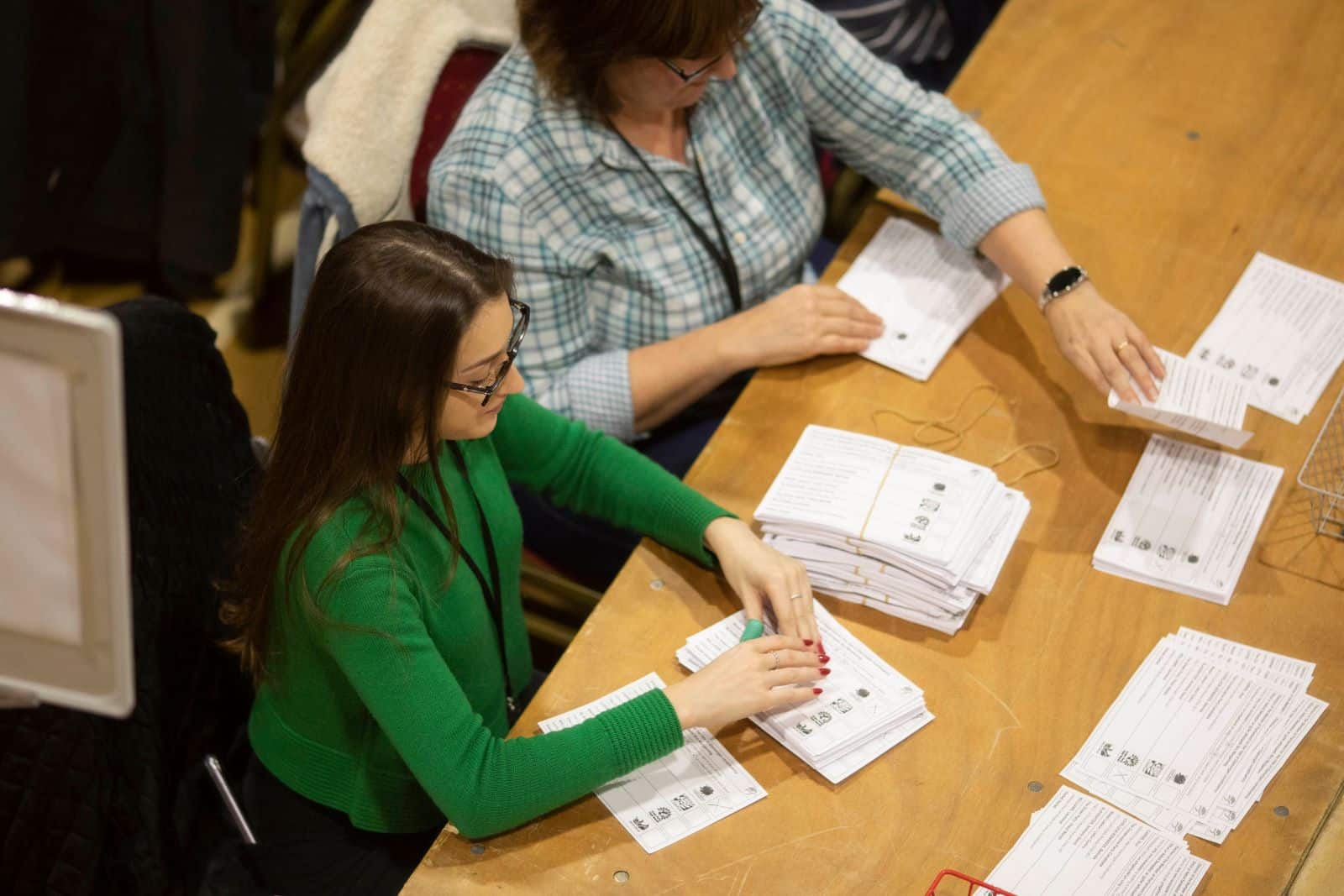
The SNP’s electoral misfortunes were compounded by a series of scandals and the absence of a charismatic leadership figure to match the stature of former leader Nicola Sturgeon, who resigned in 2023 amidst a political scandal of misuse of party funds.
Internal Turmoil

The party’s internal turmoil and lack of clear direction undermined its ability to present a compelling case for independence or effective governance, leading to a significant loss of voter confidence.
“A Lot of Soul Searching”

Swinney’s acknowledgement of the party’s need for introspection reflects the magnitude of their predicament: “There will be a lot of soul searching we will have to do as a party.”
Healing Relationship With Scotland

He added, “The Scottish National Party needs to be healed and it needs to heal its relationship with the people of Scotland.”
Decline in Independence Interest
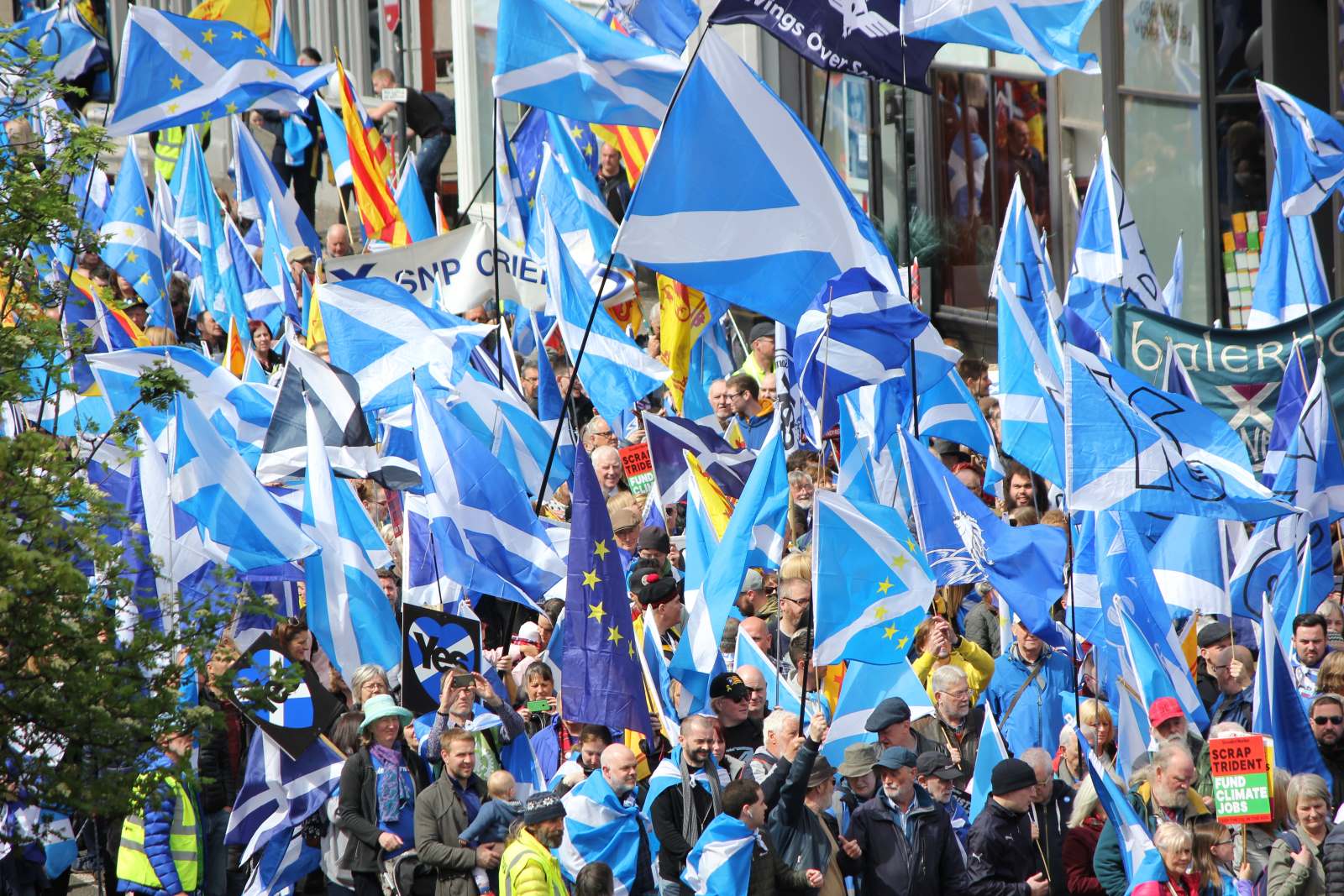
One of the most striking aspects of the SNP’s electoral defeat is the apparent decline in the importance of Scottish independence among voters. In previous elections, the independence message had been a rallying cry for the SNP, which had seen them as the dominant party in Scotland since they first took power in Holyrood in 2007.
Independence No Longer a Priority

However, recent trends suggest that a substantial portion of the electorate no longer views independence as the primary issue driving their vote. Many Scots were more concerned with the immediate threat of another Conservative government than independence.
Fundamental Challenge

This shift in voter sentiment poses a fundamental challenge to the SNP’s political strategy. If the pursuit of independence is no longer a unifying force, the party must rethink its approach and find new ways to connect with an electorate for whom independence is no longer as important.
SNP Membership’s Focus
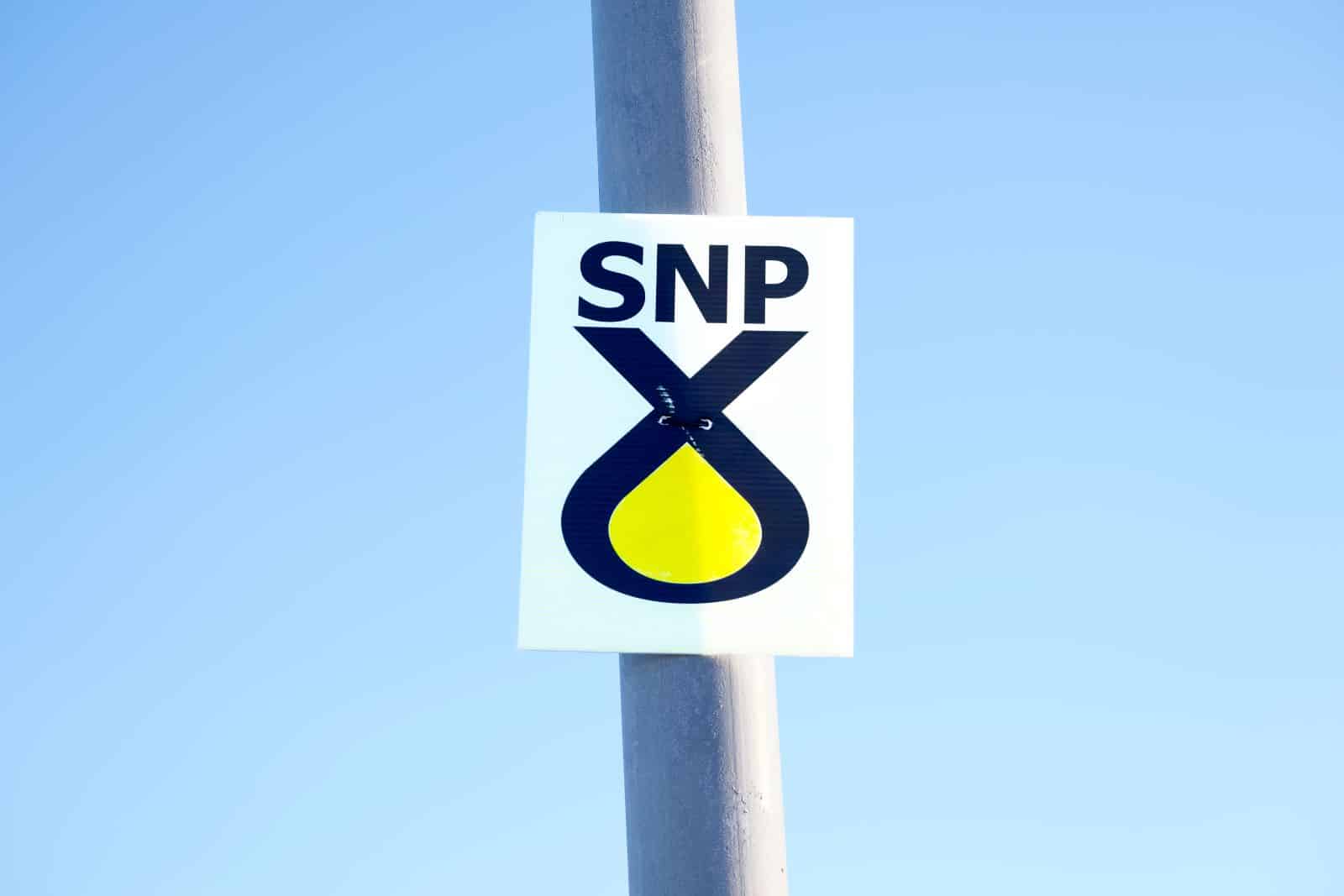
However, the same cannot be said for the SNP’s almost 70,000 members, many of whom view Scottish independence as the main driving force in their political lives. The party faces a tricky balancing act trying to keep the membership happy while also appealing to as broad a selection of the electorate as possible.
Financial Setback

The SNP’s bad news doesn’t end there. The party’s loss of Westminster seats not only reduces its political influence but also results in a substantial decrease in state funding. This financial setback could impact the party’s ability to campaign effectively and maintain its profile in UK politics.
At a Critical Juncture

In the aftermath of this electoral defeat, the SNP faces a critical juncture. The party must address the internal divisions and policy failures that have eroded voter confidence while reevaluating its stance on independence without doing so in a way that will upset the party’s members.
Crucial Test in 2026

The upcoming elections for the Scottish parliament in 2026 will be a crucial test of the SNP’s ability to recover and reposition itself as a credible force in Scottish politics.
Reclaiming Former Glory

As Swinney and his party attempt to walk the electoral tightrope after such a bruising defeat, it remains to be seen if the SNP will be able to reclaim its former glory as the dominant party in Scotland.
Featured Image Credit: Shutterstock / Altopix.

